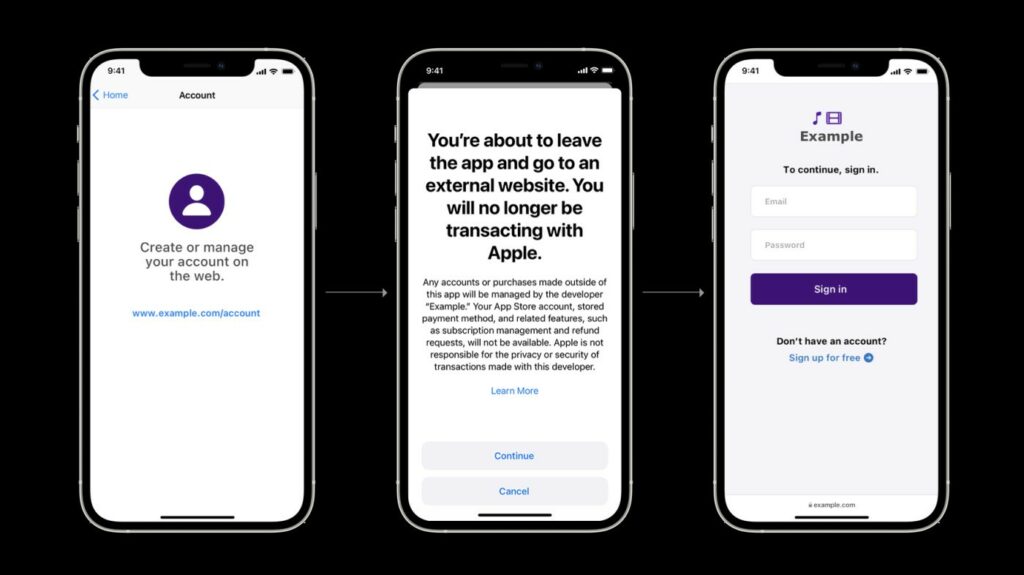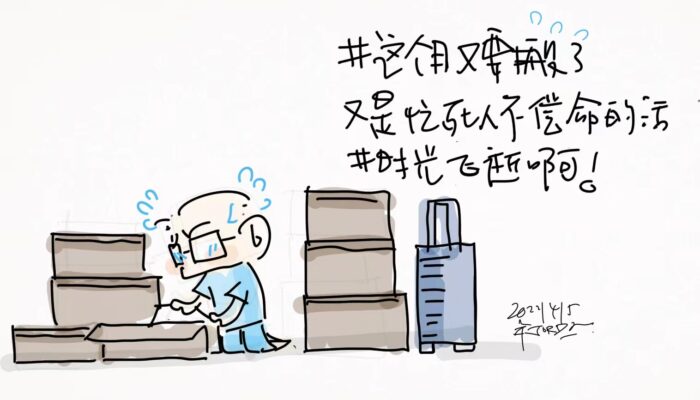
4-7 #MovingAgain : OPPO to launch self-developed AP in 2023; Samsung may consider use MediaTek SoC on high-end Galaxy; Samsung is planning to develop chipsets exclusively for its smartphones; etc.

Spain plans to invest EUR11B (USD12.4B) to develop microchips and semiconductors in a bid to modernize its tourism-dependent economy. The investment is the latest effort to rebuild the economy, which suffered more than most European peers from the pandemic and is under pressure again following Russia’s invasion of Ukraine. The Prime Minister Pedro Sanchez has said the war has disrupted supplies of gases such as argon and neon that are key for making semiconductors. The chips are key for Spain’s auto industry, which is Europe’s second-largest, representing about 10% of gross domestic product. (GizChina, Bloomberg)
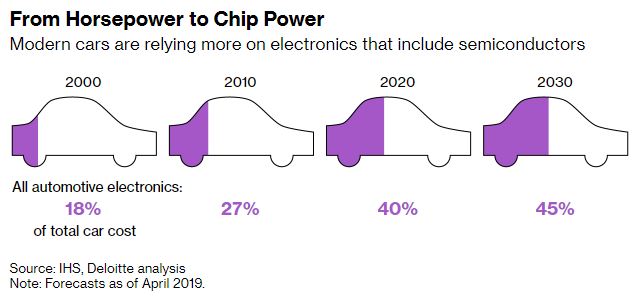
Advanced Micro Devices (AMD) has announced a definitive agreement to acquire distributed services platform maker Pensando for USD1.9B. Pensando’s platform will expand the AMD product portfolio with a high-performance packet processor and a software stack already deployed at scale across cloud and enterprise customers, helping AMD to deliver on its vision of the next-generation data center. (TechCrunch, AMD, Reuters, VentureBeat)
OPPO is reportedly working on a self-developed application processor (AP) which is expected to get launched in 2023. The mass production of the chip will be done using TSMC’s 6nm process. The company is also working on its own System On Chip (SoC) which will integrate the Application Processor (AP) and a Modem. This chip is expected to get launched in 2024 and will be manufactured using a 4nm process by TSMC. (IT Home, Gizmo China, Commercial Times)
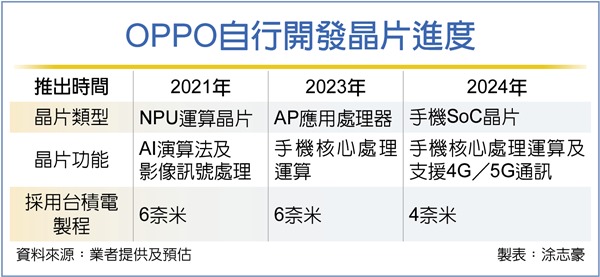
The wait times for semiconductor deliveries rose slightly in Mar 2022, reaching a new high, after lockdowns in China and an earthquake in Japan further hampered supply. Lead times — the lag between when a chip is ordered and delivered — increased by 2 days to 26.6 weeks in Feb 2022, according to Susquehanna Financial Group. Lead times increased for most chip types, including power management, microcontrollers, analog and memory, according to Susquehanna analyst Chris Rolland. (CN Beta, Bloomberg, Transport Topics)
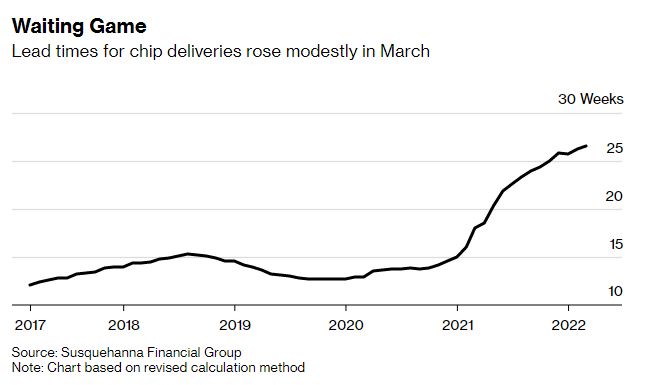
Samsung Electronics is expected to load MediaTek’s mobile application processor (AP) in its premium smartphone lineup. The company has thus far used MediaTek’s APs for the budget Galaxy A series on a limited basis. This means the Exynos AP, which is produced by Samsung Electronics’ foundry division, will lose more ground in the AP market. Samsung is considering installing MediaTek’s APs in the Galaxy S22 Fan Edition (FE) and the Galaxy S23, which will be rolled out in 2H22. It is expected to use MediaTek’s APs for about half of the Galaxy S22 FE smartphones and for the Galaxy S23 smartphones to be sold in Asia.(Business Korea, Android Headlines, CN Beta)
Regional marketshares of IDMs (companies with wafer fabs), fabless companies, and total IC sales were led by U.S. headquartered companies in 2021, according to IC Insights. U.S. companies held 54% of the total worldwide IC market (the combined total of IDM and fabless IC sales) in 2021 followed by the South Korean companies with a 22% share. Taiwanese companies, on the strength of their fabless company IC sales, held 9% of global IC sales as compared to a 6% share held by the European and Japanese suppliers (the Taiwanese companies first surpassed the European companies in IC industry marketshare in 2020). In contrast to the Japanese and European companies’ IC marketshare slide over the past 30 years, the U.S. and Asian IC suppliers have seen their shares climb since 1990. The Asian companies have witnessed their share of the worldwide IC market surge from a miniscule 4% in 1990 to 34% in 2021. This increase in share by the Asian IC suppliers equates to a 31-year IC sales CAGR of 15.9%, almost double the total IC market CAGR of 8.2% over this same timeperiod. (CN Beta, IC Insights)
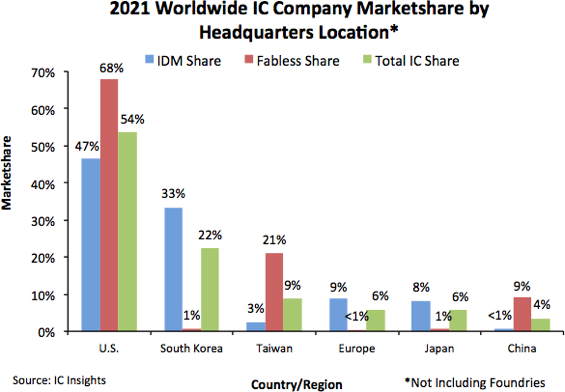
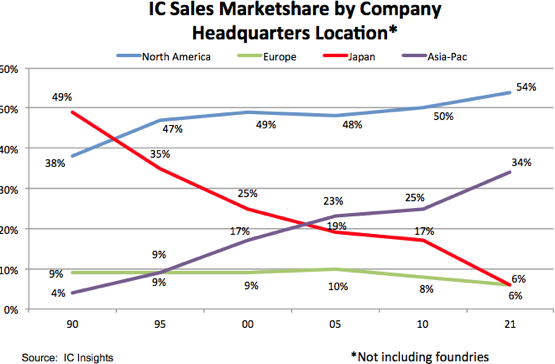
Samsung is planning to develop chipsets exclusively for its smartphones. President and Head of Samsung’s MX Business TM Roh has revealed that Samsung will now make processors specifically for Galaxy phones. Samsung’s System LSI division, which makes chips, allegedly does not have a very close relationship with Samsung’s mobile unit, known as MX or Mobile eXperience.(GSM Arena, Phone Arena, Inews24, GizChina, CN Beta)
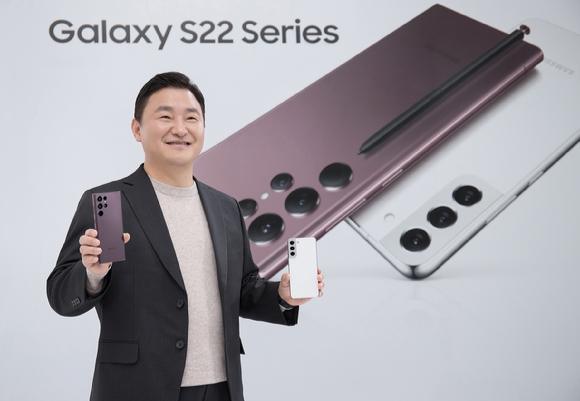

According to Omdia, TCL will overtake LG and assume the position of the second-largest TV maker in the world, just behind Samsung. TCL appears to have plans to secure 36.5M panels, just above LG’s plan to secure 34.3M units. In 2021, TCL shipped 24.57M TVs while LG managed 27.33M. Samsung Electronics topped the world TV market in 2021 with a 29.5% in shipment value and 19.8% in shipment volume. Samsung held a 42.1% share in the global market for premium TVs priced USD2,500 or higher and 44.9% in the ultra-large TV segment in value. (Android Headlines, The Elec, 9to5Google, Pulse News)
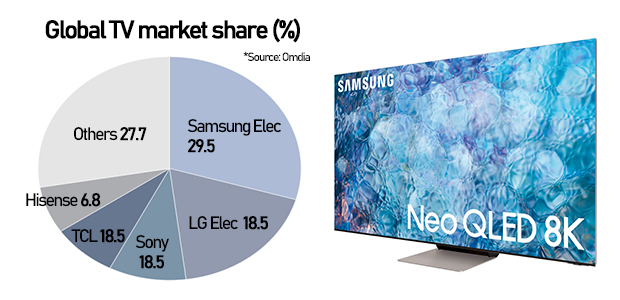
Stone Partners expects global shipments of foldable phones to reach 17.8M units in 2022. In terms of brands, in 2022, Samsung will still be the leader in the foldable phone market by virtue of its brand and industrial chain advantages, and its shipments are expected to exceed 10M units for the first time, reaching 13.9M units. Xiaomi’s foldable phone already has a certain foundation in the domestic market in 2021, and the foldable OLED display supplier may be replaced in 2022, and the shipment target has also been improved. Honor hopes to replace Huawei in the high-end mobile phone market. The 2022 foldable phone market shipment target is relatively aggressive, but whether Honor can become the leader in the domestic foldable phone market requires further market observation. (Laoyaoba, CN Beta)
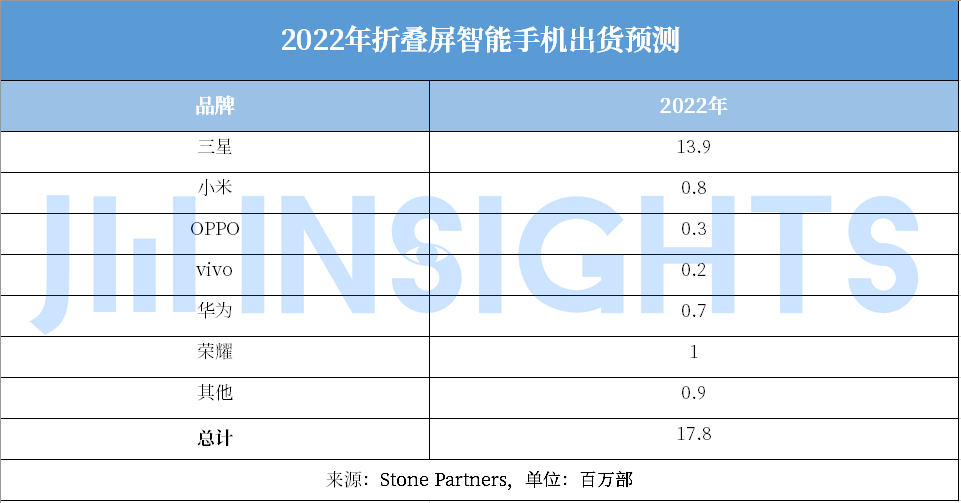
Samsung is allegedly planning to revamp the hinge design on the Galaxy Z Fold 4, in the first major update since the series began. Samsung will use a single hinge design in the Fold 4, as opposed to the dual-hinge designs used on previous devices. This would apparently result in a lighter and thinner device, with costs also cut down. (CN Beta, Phone Arena, GalaxyClub, 9to5Google)
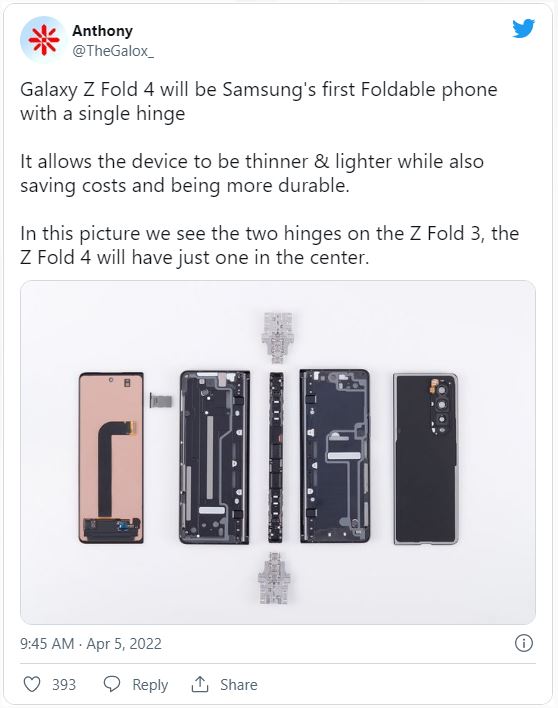

The U.S. National Highway Traffic Safety Administration (NHTSA) has said it is opening a review to ensure all defective batteries produced by LG Energy Solution have been recalled by automakers. The auto safety agency noted Mercedes-Benz, Chrysler-parent Stellantis, General Motors and Hyundai Motor have issued recalls since 2020 due to internal failures in high-voltage vehicle batteries that pose fire risks. NHTSA has said the equipment query covers 138,324 vehicles and will communicate with LG. It is working with LG Chem and other vehicle manufacturers to ensure that LG’s recall efforts have been suitably extensive and handled with appropriate urgency. The Chevrolet Bolt recall alone will cost LG Chem an estimated USD1.9B, and those costs are likely to continue their climb upwards as more models are added to the replacement list. (CN Beta, CNET, Reuters)
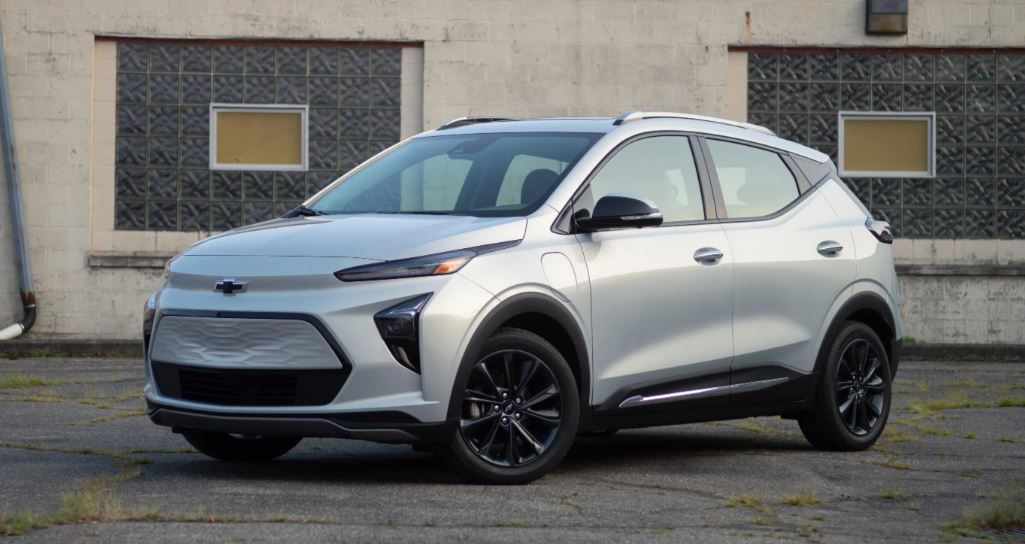
Taiwan-based electric scooter company and battery swapping network Gogoro has officially gone public. Gogoro has officially merged with Poema Global in a SPAC deal, with the combined company now operating as Gogoro Inc. The deal values the vehicle maker at about USD2.35B. Gogoro operates a vast network of over 2,000 GoStations in its domestic market of Taiwan, where riders can pull up, swap in a new battery or two, then continue on their way in a matter of seconds. The solution completely removes the hassle of charging, and also reduces the price of vehicles as the battery remains owned by the company operating the network. (TechCrunch, Electrek, CNN)
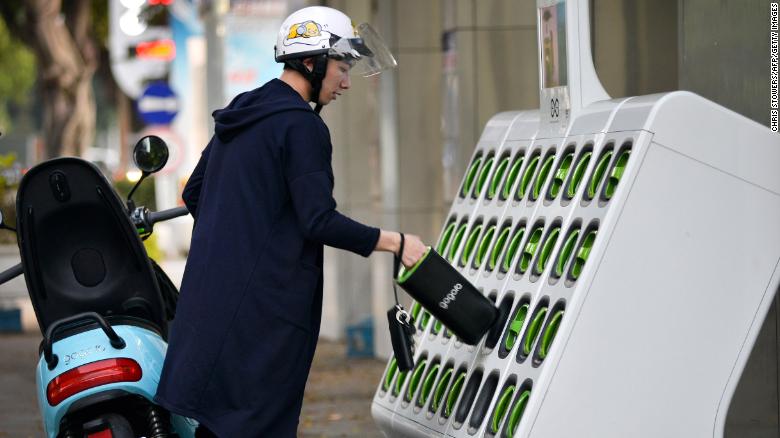
General Motors and Honda have announced plans to expand the two companies’ relationship to a new chapter by codeveloping a series of affordable electric vehicles based on a new global architecture using next-generation Ultium battery technology. The companies are working together to enable global production of millions of EVs starting in 2027, including compact crossover vehicles, leveraging the two companies’ technology, design and sourcing strategies. GM and Honda also will discuss future EV battery technology collaboration opportunities, to further drive down the cost of electrification, improve performance and drive sustainability for future vehicles.(Engadget, General Motors)
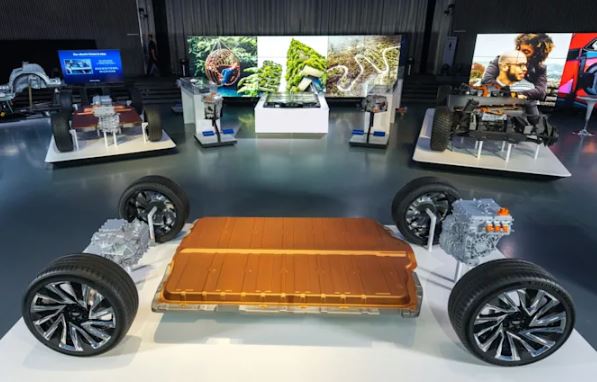
Contemporary Amperex Technology Thuringia GmbH (CATT), CATL’s first plant outside of China, received the 2nd partial approval for the commissioning of a new plant for battery cell production from the state of Thuringia, Germany, marking a significant milestone for CATL’s global footprint expansion despite the pandemic. The construction of the plant, which is also Germany’s first battery factory, is in the final stage and the installation of machines is in full swing so that the first cells can roll off the assembly lines by the end of 2022. With a total investment of EUR1.8B, CATL plans to achieve a production capacity of 14GWh in the future. (CN Beta, Electrive, PR Newswire)
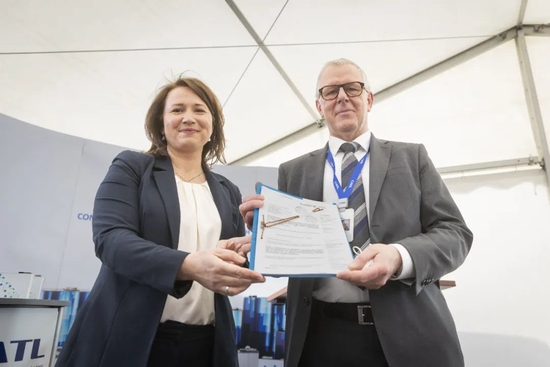

China Mobile has announced that it plans to purchase 2M units of the Honor Magic4 series phones. It is normal for operators such as China Mobile to purchase mobile phones. Previously, China Mobile has purchased 3.3M Redmi K40 / K40 Pro series and 650,000 Xiaomi 12 series.(Laoyaoba, My Drivers)
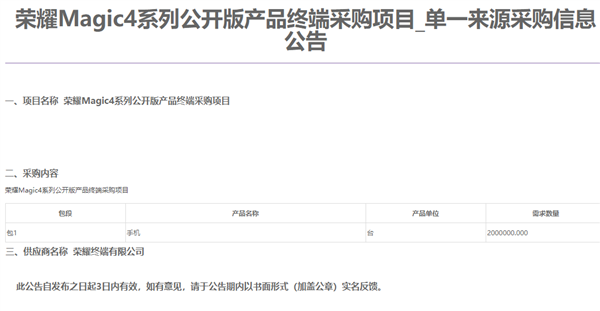
Apple is allegedly to enter the video game console field again. Apple is not really interested in making its own console, and the chip may eventually be integrated into the Apple TV, rather than launching a new console product. Apple has reportedly communicated with Ubisoft and Capcom, and may launch platform-exclusive games in the future. (Laoyaoba, CN Beta, Mac Observer, Tech4Gamer, Clien)
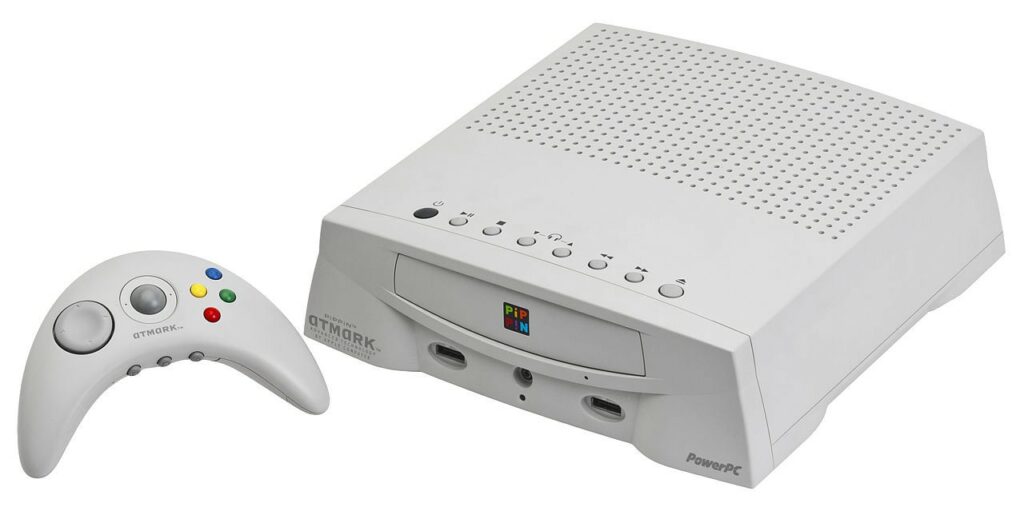
According to Loop Capital analyst John Donovan, with supply chain disruptions and the war in Ukraine, Apple is said to have cut iPhone orders for 2022, with another drop coming in the near future. That said, services are becoming a “key differentiator” for Apple’s gains. iPhone builds have dropped another 9M to 254M. He is also cautious about additional cuts that are coming “in the not too distant future”. He believes Apple will cut its iPhone build orders to be between a range of 245M-250M. For the iPhone SE, he says the orders have been cut by 20M. He also comments on the “dismal” results of the mini iPhones saying Apple realized they have “limited appeal”. (CN Beta, Sohu, 9to5Mac, Seeking Alpha)
With the change of consumption concept, trade-in and second-hand consumption have become the choices of more consumers. This means that the smartphone recycling market is gradually heating up. Recycling and new business have become standard in the mobile phone industry. At the same time, the online model has developed rapidly. The major e-commerce platforms and the official websites of smartphone manufacturers have access to the second-hand smartphone recycling and replacement business. Online and offline models such as online valuation and door-to-door recycling have also greatly improved the recycling rate. The number of mobile phones in China will reach 1.856B in 2021. The generation and idle volume of used mobile phones are increasing YoY. This huge base has created a huge supply and potential space for the field of mobile phone recycling. Industry insiders have said that although the amount of waste on mobile phones has increased YoY, enterprises are facing the dilemma of insufficient recycling. At present, the recycling rate of waste smartphone resources in China is only about 4%. Less than 30% of new idle mobile phones enter the regular recycling field every year. (GizChina, My Drivers)
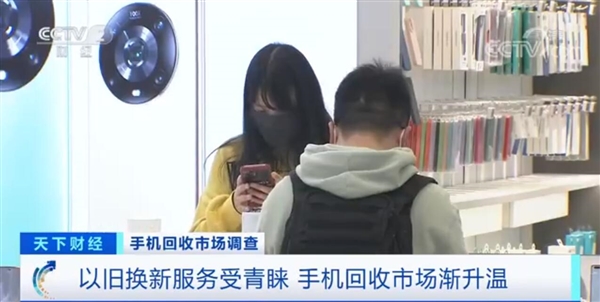

Tile, the pioneer in finding technology, continues to expand its Find With Tile business through a variety of collaborations, including a new partnership with Dell to launch the first-ever stylus pen with built-in finding technology. Tile is also further collaborating with Intel Corporation to bring its finding technology to Lenovo, MSI and Fujitsu PCs. Consumers worldwide can purchase the new Dell Premier Rechargeable Active Pen (PN7522W) with built-in Tile finding technology.(The Verge, PR Newswire)
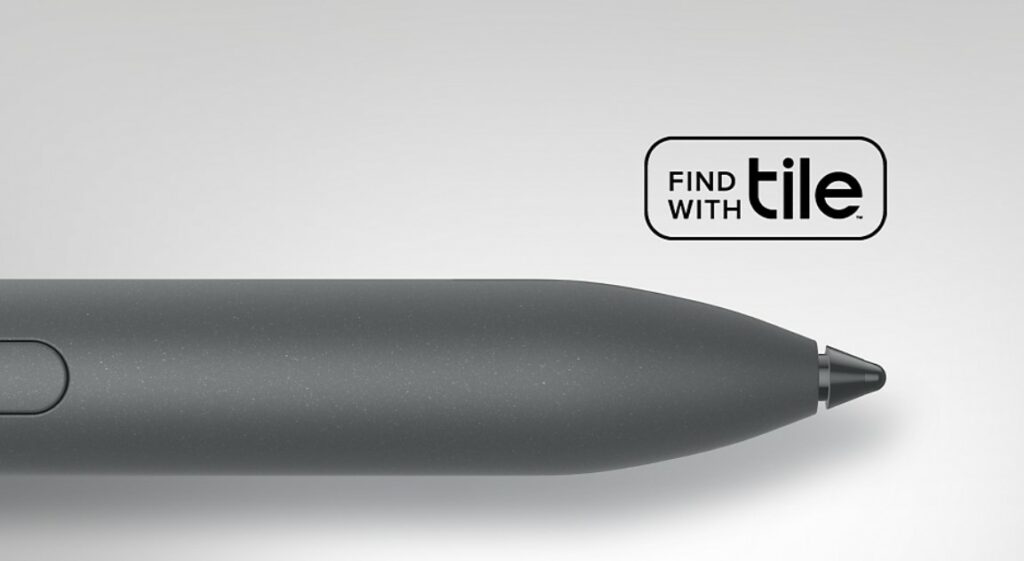

According to TF Securities Ming-Chi Kuo, Apple may discontinue the original AirPods Pro when the new ones are released later in 2022. Apple announced the AirPods Pro on 30 Oct 2019, making them nearly 2.5 years old. He has also said that demand for the third-generation AirPods is “significantly weaker” than for the second-generation AirPods, resulting in Apple reducing its third-generation AirPods orders from suppliers by at least 30% in 2Q22 / 3Q22. He has previously claimed that the second-generation AirPods Pro will feature a “significantly upgraded” wireless chip compared to the H1 chip in the original AirPods Pro. (MacRumors, Twitter, My Drivers)
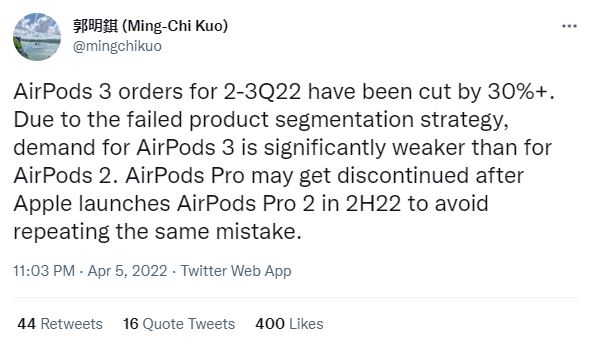

Samsung Electronics has announced a partnership with global technology company ABB to expand Samsung SmartThings integration into more homes and buildings. Under the partnership, ABB-free@home will be integrated with SmartThings. The two companies will create a cloud-to-cloud integration allowing customers of ABB-free@home and SmartThings to get more access and control of devices.(Neowin, GSM Arena, Samsung)
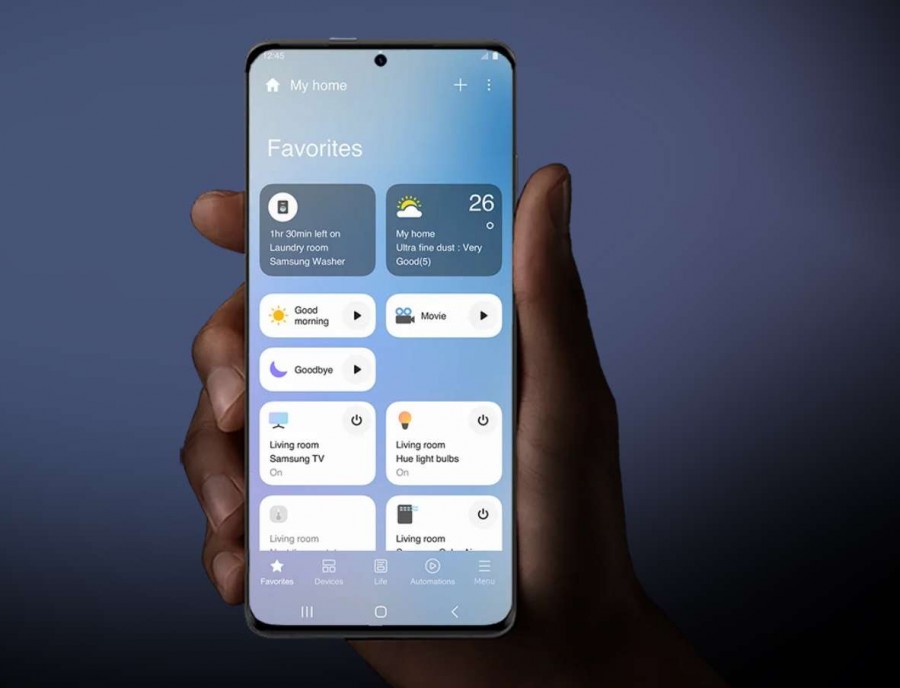

Rental car firm Hertz has said it would buy up to 65,000 electric vehicles over 5 years from Swedish EV maker Polestar, the latest move by the rental car firm to add zero-emission models. Hertz has said Polestar cars would be available beginning spring in 2022 in Europe and later in 2022 in North America and Australia. The Florida-based rental car company said that it would initially order the Polestar 2 sedan. Polestar, which was founded by China’s Geely and Volvo Cars, is set to merge with special purpose acquisition company (SPAC) Gores Guggenheim in 2022. (GizChina, Hertz, Reuters)
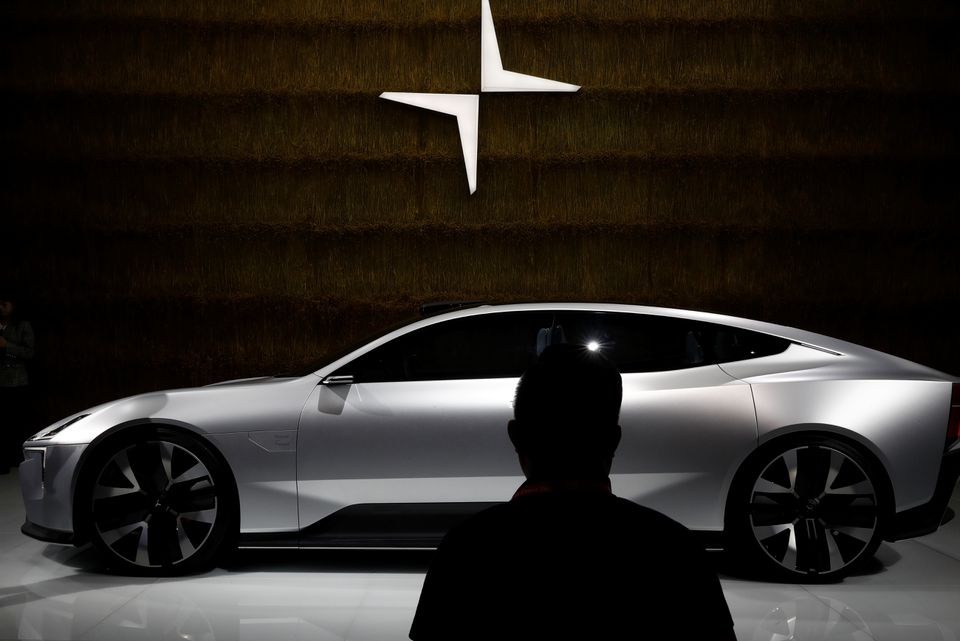
Volvo now offers over-the-air (OTA) software updates across its entire vehicle lineup. After first introducing it on all-electric models like the XC40, it is bringing the feature over to all new XC90, S60 and V60 ICE and hybrid vehicles. Owners will get the latest version of Android Automotive OS with Android 11 on their infotainment systems, with new app categories on Google Play ranging from navigation to charging and parking.(Engadget, Auto Evolution)
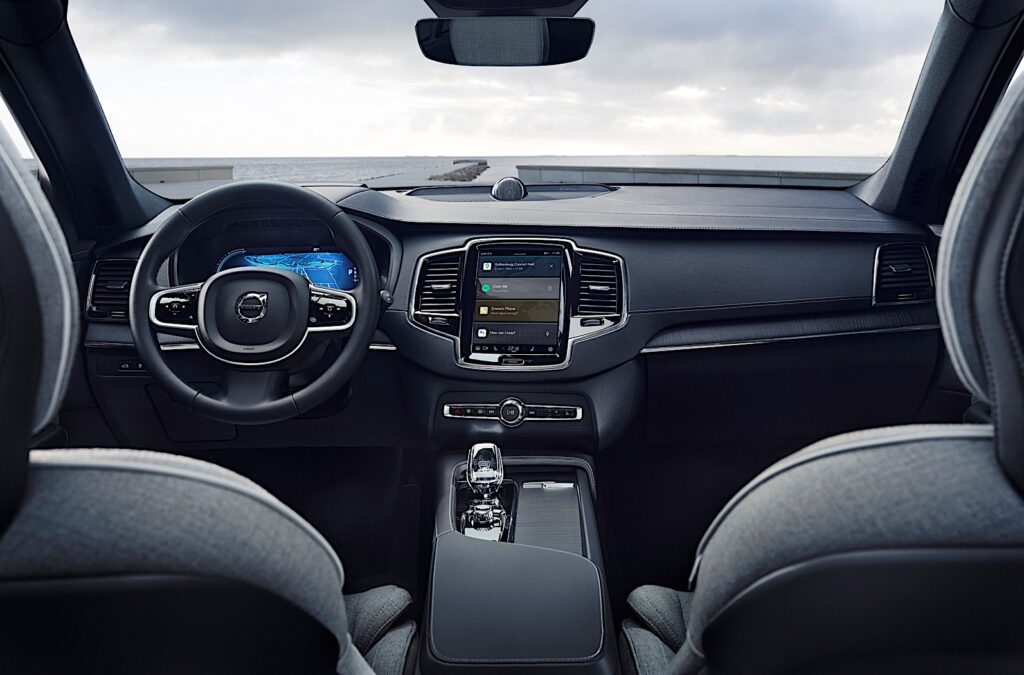

Alphabet’s Wing division has announced that it is launching a drone delivery service in the Dallas-Fort Worth (DFW) metroplex. Wing’s primary launch customer is Walgreens, which will deliver health and wellness products directly to customer’s homes. For that, it will use a new operational model where drones are staged at one of its own store parking lots, rather than a Wing facility. It will also be delivering ice cream from Blue Bell Creameries, Easyvet prescription pet medications and first aid kits from Texas Health. Wing uses a hybrid multi-rotor/fixed-wing drone of its own design. It can carry packages no heavier than 1.5kg (3.3 pounds) on round trips up to around 10km (6 miles) away. (Engadget, Wing)


Jumia Technologies has surged the most in about 20 months after an agreement that will see United Parcel Services (UPS) use the pan-African e-commerce company’s distribution network to expand on the continent. For Jumia, the deal will enable the Berlin-based firm to make use of UPS’s network across 220 countries and territories to help users deliver their packages, according to senior vice president of logistics, Apoorva Kumar. The collaboration will start in Nigeria, Morocco and Kenya, with the aim to add more countries. (TechCrunch, Jumia, Yahoo, Bloomberg, IT News Africa)


China Securities Journal has recently reported that Huawei Pay has been online for several months and is being promoted. In addition to covering Huawei-related applications such as Huawei Theme, Huawei Cloud Space, Huawei Music, Huawei Video, Huawei Reading, etc., it also extends to some third-party software, such as Mango TV, Youdao Cloud Notes, PP Video, etc. Huawei Pay needs to be activated by bundling a card. It now supports more than 160 banks, and the first bundled discount is also given in Huawei Wallet. (My Drivers, Weibo, China Securities Journal)
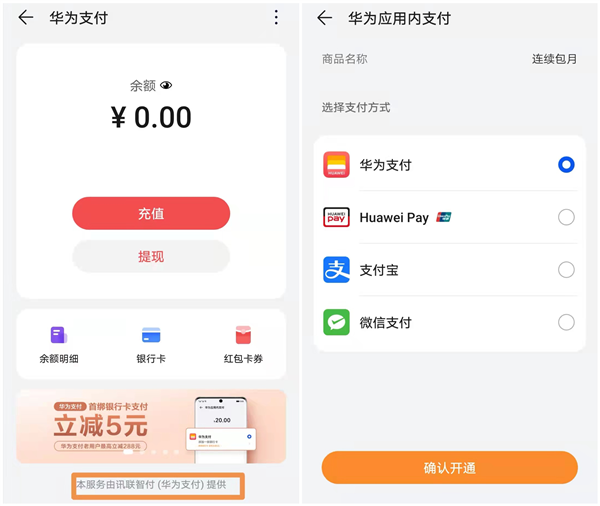
Apple has begun allowing dating apps in the Netherlands to use third-party payment services following an order from the Netherlands Authority for Consumers and Markets (ACM). Apple has now announced several changes to this system to make things a bit easier for developers wanting to include third-party payment systems. Apple no longer requires separate app binaries to be submitted to the App Store. Instead, the third-party payment options can be included in the existing app but its use must be limited to the app in the Netherlands App Store and on devices running iOS and iPadOS. The second change will see Apple provide more specific criteria that it uses to evaluate third-party payment services. (Neowin, Apple, The Verge)
